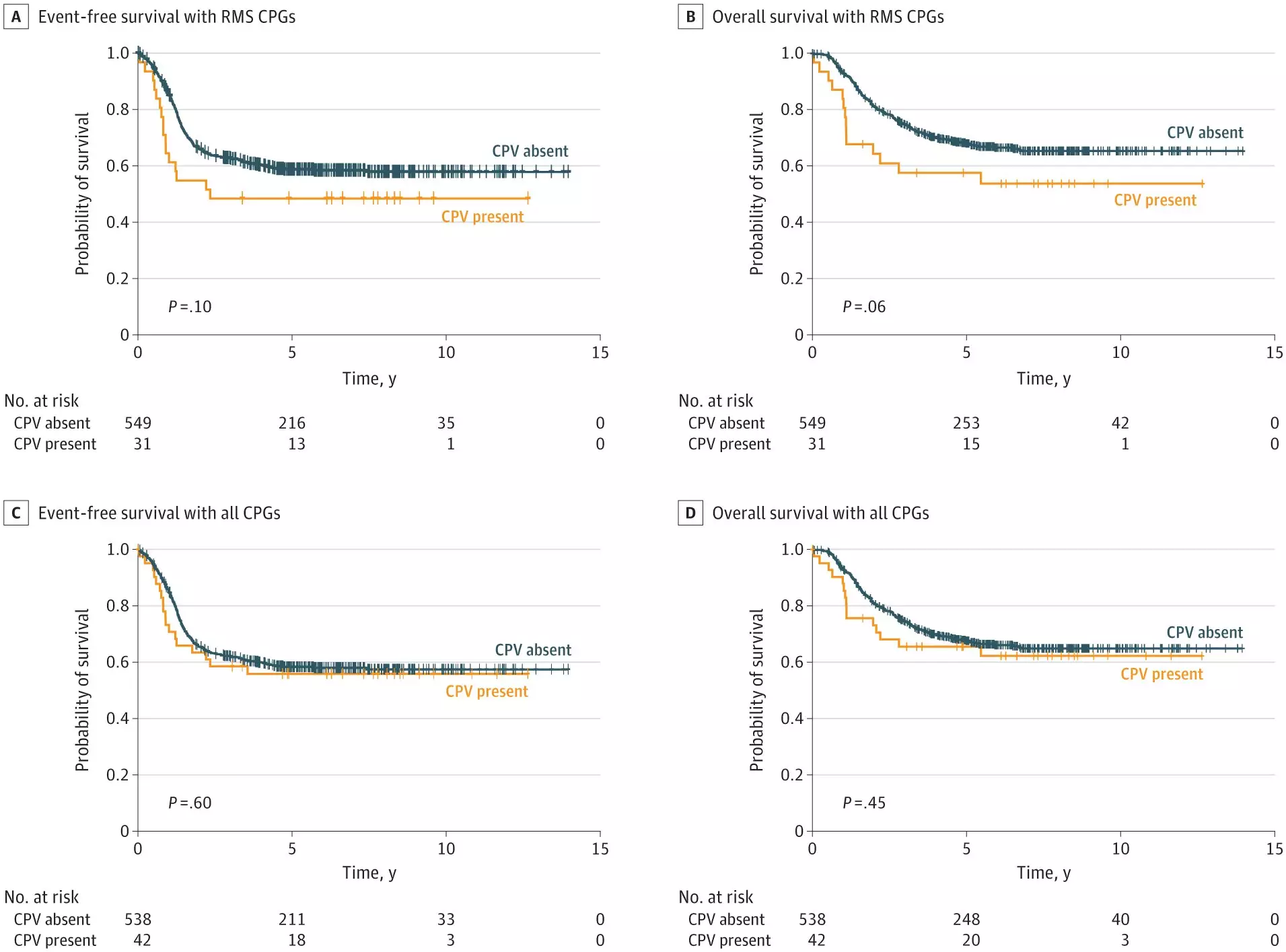Rhabdomyosarcoma is a pediatric cancer with stagnant survival rates, prompting researchers to investigate new risk factors for improved risk stratification. A recent study led by Baylor College of Medicine explores the association between germline cancer-predisposition variants (CPVs) and outcomes in children with rhabdomyosarcoma.
The researchers analyzed data from 580 children with rhabdomyosarcoma and observed a significant correlation between the presence of CPVs in rhabdomyosarcoma-associated genes and adverse outcomes. Particularly, children with CPVs in the TP53 or HRAS gene exhibited notably poor outcomes, irrespective of the presence of a secondary malignancy.
One of the study’s novel findings highlighted a subgroup of individuals with unrecognized poor outcomes due to CPVs. Specifically, children with fusion-negative rhabdomyosarcoma and CPVs showed comparable outcomes to those with fusion-positive rhabdomyosarcoma, an aggressive subtype with known dismal prognoses.
The results underscore the potential benefits of germline testing for CPVs in children with rhabdomyosarcoma. Such testing could facilitate early surveillance strategies and cascade testing for family members, potentially improving clinical guidelines for this pediatric cancer.
Dr. Philip Lupo, the corresponding author, emphasizes the significance of these findings in enhancing the care and outcomes of children with rhabdomyosarcoma. First author Dr. Bailey Martin-Giacalone echoes this sentiment, emphasizing the potential impact of the research in reshaping clinical discussions and survival rates for pediatric cancer patients.
The study sheds light on the role of germline CPVs in predicting outcomes in pediatric rhabdomyosarcoma, emphasizing the importance of personalized risk assessment and early intervention strategies in this malignancy. The findings hold promise for improving the survival and quality of life for children diagnosed with rhabdomyosarcoma, urging further research and implementation of germline testing in clinical practice.

